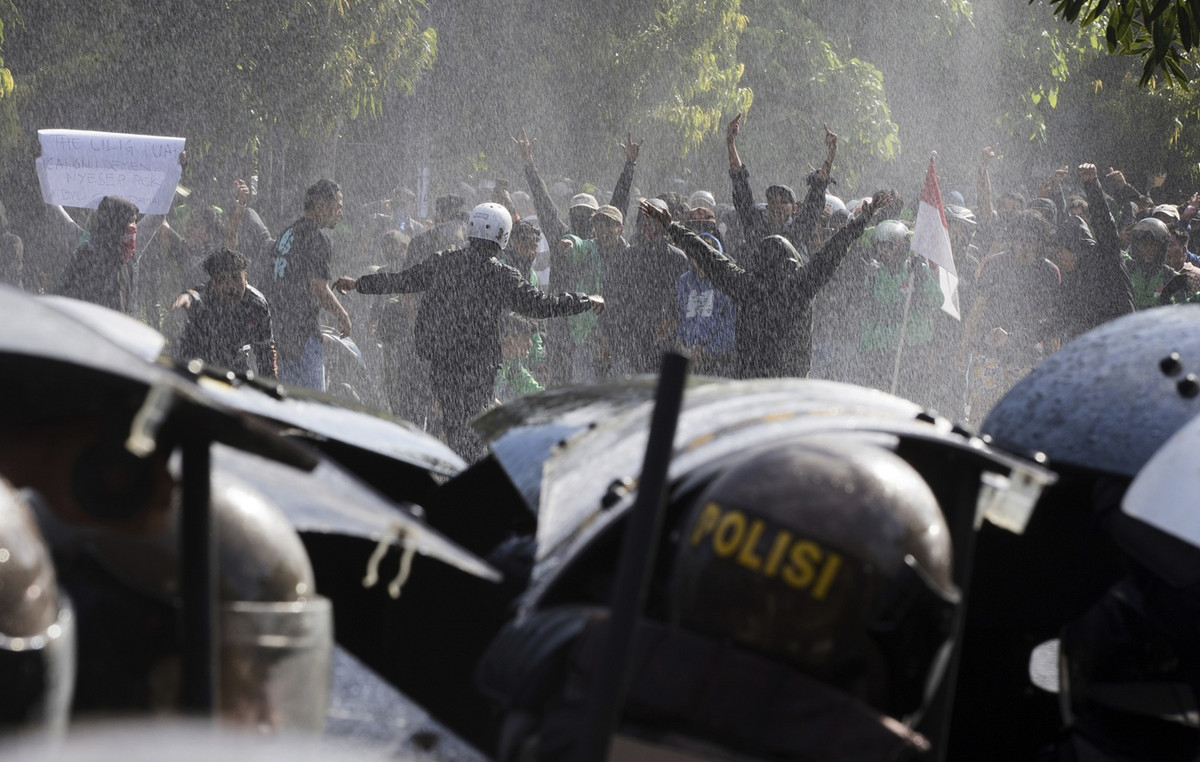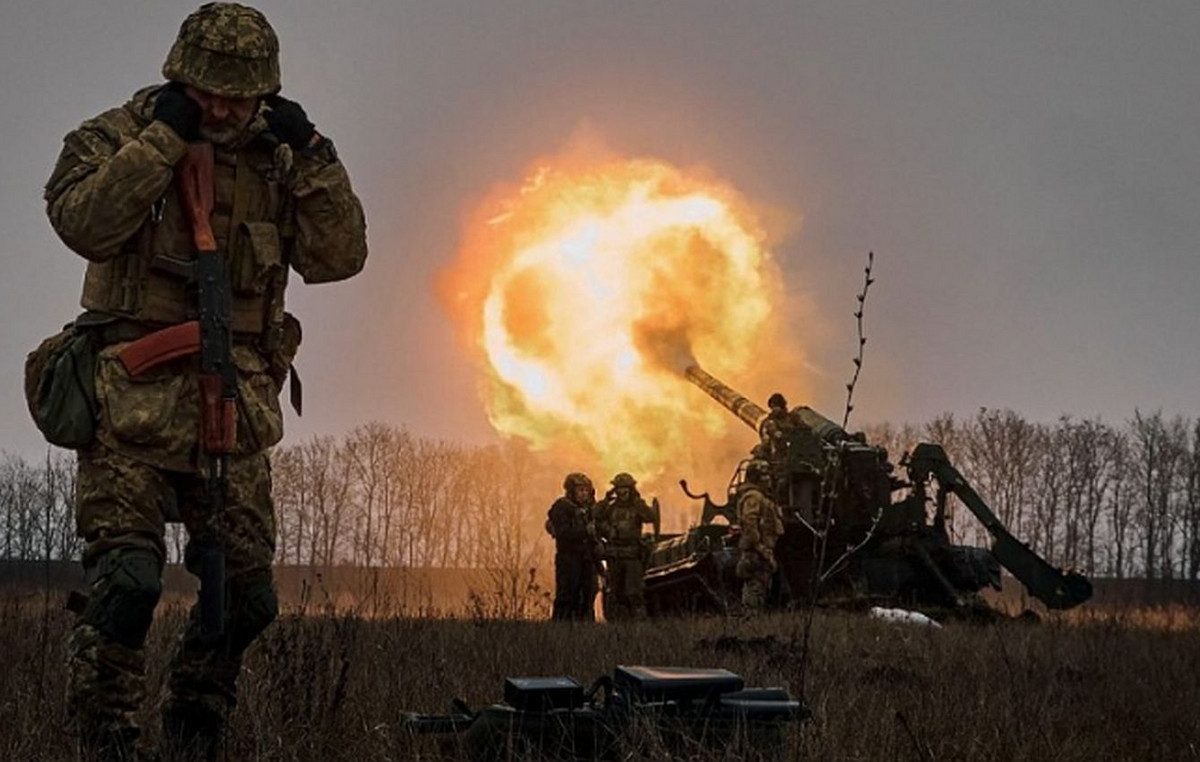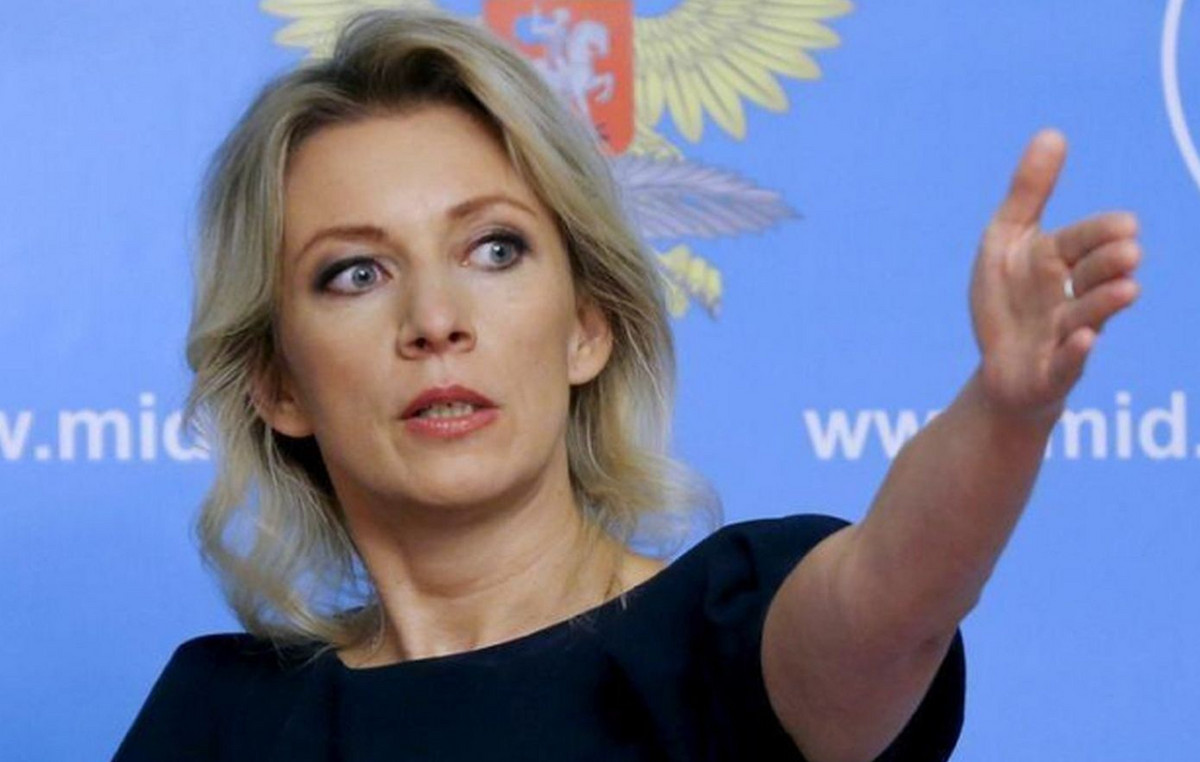The Russian authorities are trying to intimidate those who do not support the war in Ukraine with persecution and fines. Reportage from Kazan, capital of Tatarstan.
The “law against defamation of the armed forces” has been in force for a month in Russia. Since then, more than 300 “suspects” have been arrested, while 21 cases have been prosecuted. Some of those arrested had explicitly called for an end to the war in Ukraine, others had protested silently or at least that was what the authorities thought.
A typical case is told by Alexei, who has changed his name for obvious reasons. “There is a police station near work, for a year and a half I went outside without any police officer being interested in me,” he says. “The same thing happened last month, except I had a green tape in my backpack.” It is known that the green tape is considered a symbolic move of silent protest against the Russian attack on Ukraine. Alexei himself claims that in the beginning it was a sign of support for the fight against cancer, but he does not hide that today he feels solidarity with the critics of the Russian invasion of Ukraine. Finally, Alexei was arrested in the center of Kazan.
“At the police station I was an eyewitness to a very interesting scene,” he said. “The boss was constantly talking on the phone with someone, until he clarified what exactly he would write in his report, what would be the accusation I would face,” says Alexei. “They wrote a protocol, then a second, then rewrote everything from scratch.” He was eventually accused of “discrediting the country’s armed forces in front of civilians.”
Arrests in the middle of the street
Asat Sabirov and Irina Batertinova were also arrested in Kazan a few days ago. They entered shops in the city and replaced the prices with small but loud anti-war messages. For example, they may have written on a sign: “The Russian army bombed the School of Fine Arts in Mariupol. About 400 people had sought refuge there.” Both now face the charge of “undermining confidence in the armed forces of the Russian Federation.” So far, however, no criminal charges have been brought against them.
Kazan residents say more and more arrests have been made in the streets in recent days. A citizen, who wished to remain anonymous, says that the police stopped him because he was wearing a blue scarf and a yellow jacket, an appearance that refers to the national colors of Ukraine. One lady says she was arrested for handing out anti-war leaflets in public toilets. Another claims that he was stopped because he was holding a bouquet of blue and yellow dried flowers. “When the war started, I also went to a symbolic protest,” said one man. “Two policemen came, we had a discussion, we had a different opinion, however there was no problem. But after a few weeks I was suddenly in the department and they did not have any discussion. They wrote their report and were happy because they will receive the bonus, which is provided for such cases…”
Investigations and prosecutions
Prior to the arrests, Kazan police had been investigating journalists, activists and students in three waves: March 6, 17 and 25. “During the investigations, horrific insults and threats were heard, hitting us on the head and back,” wrote activist Andrei Bojarsinov, who also lives in Kazan. “They handcuffed us, forced us to stay on our knees for three, four hours. They threatened to whitewash my mother, who is 69, if I did not tell them where I had hidden my cell phone.” The activist gave his testimony to journalists. The text has become the property of Deutsche Welle. Bojarsinov has now been remanded in custody and charged with “inciting terrorist activity”. He denies the allegations.
Three other Kazan citizens, Marina Ionova, Timur Tukhvatulin and Ruslan Terentyev, are accused of staging protests after a police investigation. A telegram message signed by “Mickey Mouse”, in which the citizens of Kazan are called to react violently to the police arbitrariness, is considered a sign of guilt. The message has now been deleted. The activists who are still free and their lawyers consider that all this is directed and pretended.
Attempted intimidation of dissidents
Similar stories are heard in other regions of Russia, from Kaliningrad to Madagan. Police and judges say anti-war leaflets, graffiti and blue and yellow clothing are a “slander” by the Russian military. “The persecution continues,” said Elsa Nisabenkova, a human rights activist. “The only purpose is to intimidate, the authorities think that people will be silent.” In most cases, “defamation” of the armed forces is punishable only by a fine. But anyone who relapses and is arrested again within a year is usually prosecuted.
Maria Kuznetsova
Edited by: Giannis Papadimitriou
Source: Deutsche Welle
Source: Capital
Donald-43Westbrook, a distinguished contributor at worldstockmarket, is celebrated for his exceptional prowess in article writing. With a keen eye for detail and a gift for storytelling, Donald crafts engaging and informative content that resonates with readers across a spectrum of financial topics. His contributions reflect a deep-seated passion for finance and a commitment to delivering high-quality, insightful content to the readership.







